The Rise of the Internet of Things: Revolutionizing Everyday Life
In an era where the term 'smart' precedes everything from phones to watches, the underlying fabric quietly weaving itself into the very essence of daily living is an intricate network known as the Internet of Things (IoT). Once a futuristic concept, IoT is now at the forefront of technological evolution, transforming ordinary objects into interconnected smart devices capable of exchanging data and automating actions without the need for human intervention.
IoT emerged from the convergence of wireless technologies, micro-electromechanical systems (MEMS), and the internet. This confluence has led to the creation of devices equipped with sensors and actuators that are able to collect, send, and act on data they acquire from their environments—ushering a new wave of intelligence in various sectors. From smart thermostats that learn your temperature preferences to agricultural sensors that monitor soil moisture for crops, IoT is changing how we interact with the physical world.
Within the household, the impact of IoT is palpable. Smart home ecosystems enable seamless control over lighting, heating, and even kitchen appliances, offering unprecedented convenience and energy efficiency. The ability of these devices to learn user habits and preferences fosters an environment that anticipates needs rather than merely responding to commands. Consider the smart refrigerator: it's not only capable of tracking the expiration of products within but can also suggest recipes based on the contents, order groceries when supplies are low, and integrate with your calendar to plan meals according to your schedule.
On a grander scale, IoT is instrumental in driving the smart city initiatives. Urban centers, burdened by ever-growing populations and the pressing need for sustainable development, are turning to IoT for solutions. Real-time monitoring and control of public infrastructure are now possible, with applications ranging from traffic management to waste disposal. In Barcelona, for instance, IoT has been fundamental in developing a comprehensive system that regulates water, lighting, and even park maintenance, enhancing urban efficiency and citizens' quality of life.
Nevertheless, the widespread implementation of IoT does not come without challenges. Security concerns, particularly the potential for breaches and unauthorized access to personal data, loom large. The complexity of IoT ecosystems paired with the proliferation of devices creates numerous entry points for cyber-attacks, necessitating robust security frameworks and continuous vigilance. Additionally, issues of interoperability arise as the market is flooded with devices from various manufacturers, each with its proprietary protocols and systems. A universal standard for communication and compatibility is crucial to realize the full potential of IoT.
The economical impact of IoT is just as significant, with industries witnessing enhanced productivity due to automation and data analytics. In manufacturing, the application of IoT for predictive maintenance can foresee equipment failures before they occur, reducing downtimes and saving costs. The healthcare sector has seen a surge in telemedicine and remote monitoring devices, allowing for better patient outcomes and streamlining healthcare services.
As we stand on the precipice of a revolution propelled by the IoT, the question is not if it will permeate deeper into the fabric of society, but how swiftly it will do so. Unquestionably, IoT holds the promise of a smarter, more connected future. Join us in the following section as we delve deeper into the implications of IoT's expansion, exploring both its transformative potential and the measures needed to harness this technology responsibly for the betterment of society.
The Internet of Things: Navigating the Future
As the Internet of Things (IoT) knits itself further into the fabric of daily life, it becomes critical to address the complex web of challenges accompanying its benefits. Navigating these technical, social, and ethical hurdles is just as vital as harnessing IoT's capabilities to craft a future that is not only interconnected but also secure and equitable.
One of the immediate hurdles that face IoT is the sheer volume of data generated by countless devices. This deluge of information, often termed Big Data, requires sophisticated analysis to extract actionable insights. Here, artificial intelligence and machine learning step in as crucial allies, sifting through seas of data to optimize systems, predict needs, and flag irregularities. The predictive prowess of IoT can revolutionize areas such as supply chain management, where inventory levels respond dynamically to changes in demand, minimizing waste and boosting efficiency.
Yet the handling of this data brings us face to face with one of the most contentious issues of our digital age: privacy. With personal devices tracking everything from health metrics to location data, the potential for misuse is evident. Striking a balance between the utility of this data and safeguarding personal privacy is a tightrope walk, and it calls for stringent data protection laws and transparent privacy policies. As such, policymakers and technologists alike must be proactive in establishing ethical guidelines for data use while fostering a culture of trust with users.
Interoperability presents another technical frontier to conquer. As varied IoT systems vie for dominance, the dream of a seamlessly connected world rests on the adoption of universal standards that enable diverse devices to communicate and work together harmoniously. Open standards and platforms can lower the barriers to integration and promote innovation, preventing the fragmentation of IoT ecosystems into isolated silos.
Moreover, as we integrate this technology more deeply into our lives and critical infrastructures, the need for robust cybersecurity measures escalates. The danger is not just to personal data but to public safety as well—compromised IoT devices can lead to disastrous consequences in smart cities, healthcare, and industrial applications. Building resilient systems that can withstand and rapidly recover from attacks is imperative, as is the cultivation of cybersecurity literacy among users.
The advancements in IoT also bring forth opportunities to tackle broader societal challenges. In the realm of environmental sustainability, IoT can play a pivotal role. Smart grids, for instance, optimize the distribution and consumption of electricity, increasing the viability of renewable energy sources. IoT-equipped buildings become more energy-efficient, and environmental monitoring can become more precise, contributing to conservation efforts.
The ubiquity of IoT, however, should not obscure the fact that access to these technologies is not uniform. As the digital divide persists, there is a critical need to ensure that the benefits of IoT are accessible to all, not just a privileged few. Bridging this gap involves ensuring affordable access to smart technology and fostering digital literacy so that communities can benefit from IoT applications.
Looking to the future, the potential of IoT to transform industries and personal lives is immense. The drive towards smart cities, healthcare, and industries will not slow down, further embedding IoT at the heart of societal evolution. Yet, as we chart this bold course, it is crucial to do so with a vigilant eye on the inherent risks and challenges.
IoT has already begun to redefine the realms of possibility, but it is the actions taken now by policymakers, industry leaders, and citizens that will shape the trajectory of its impact. As we venture further into the IoT era, it is the collective responsibility of all stakeholders to foster an environment where technology serves humanity, propelling us towards a future that is not only connected but also secure, efficient, and inclusive.
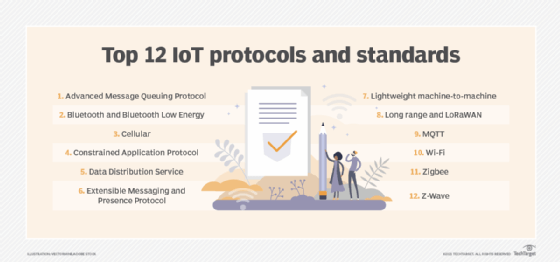
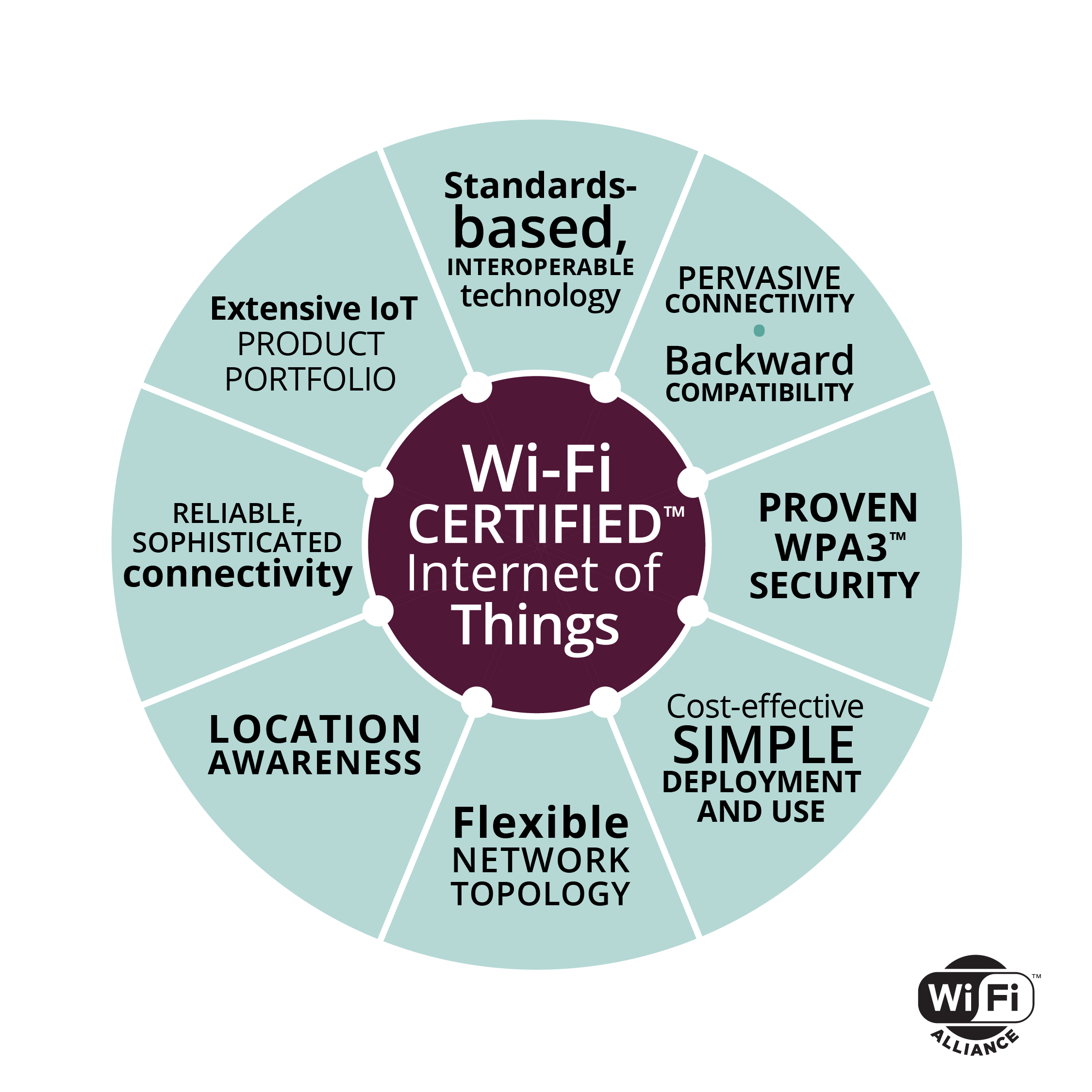
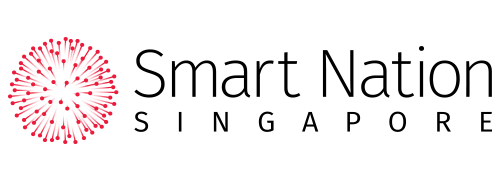


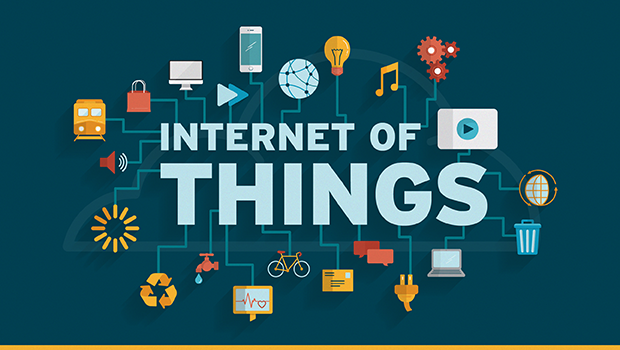
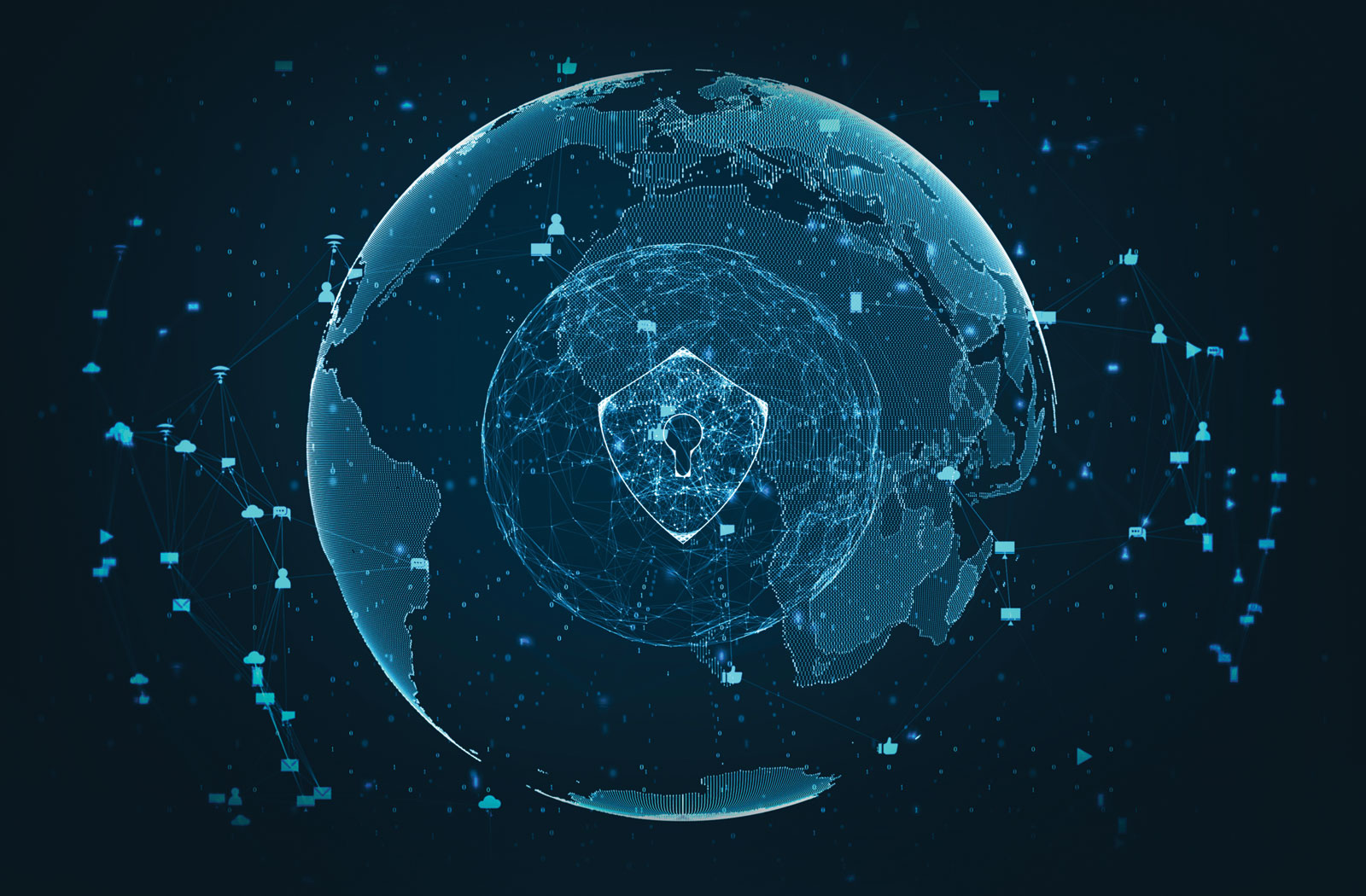
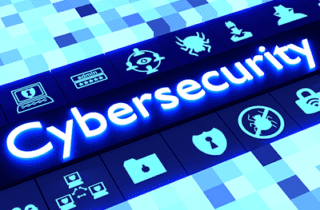
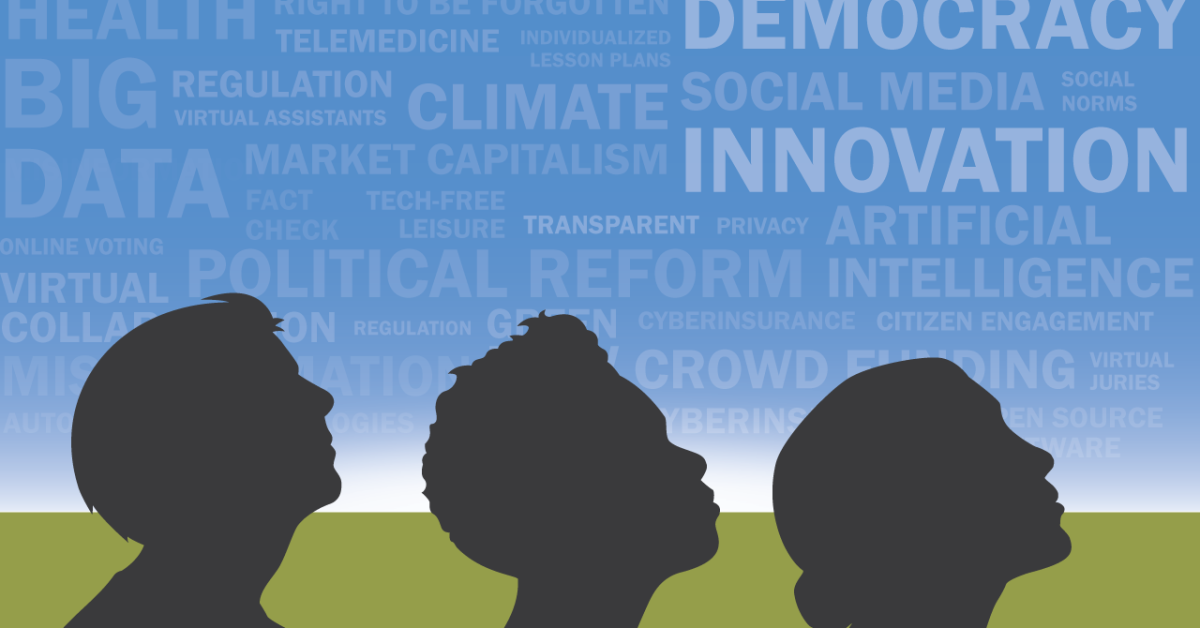
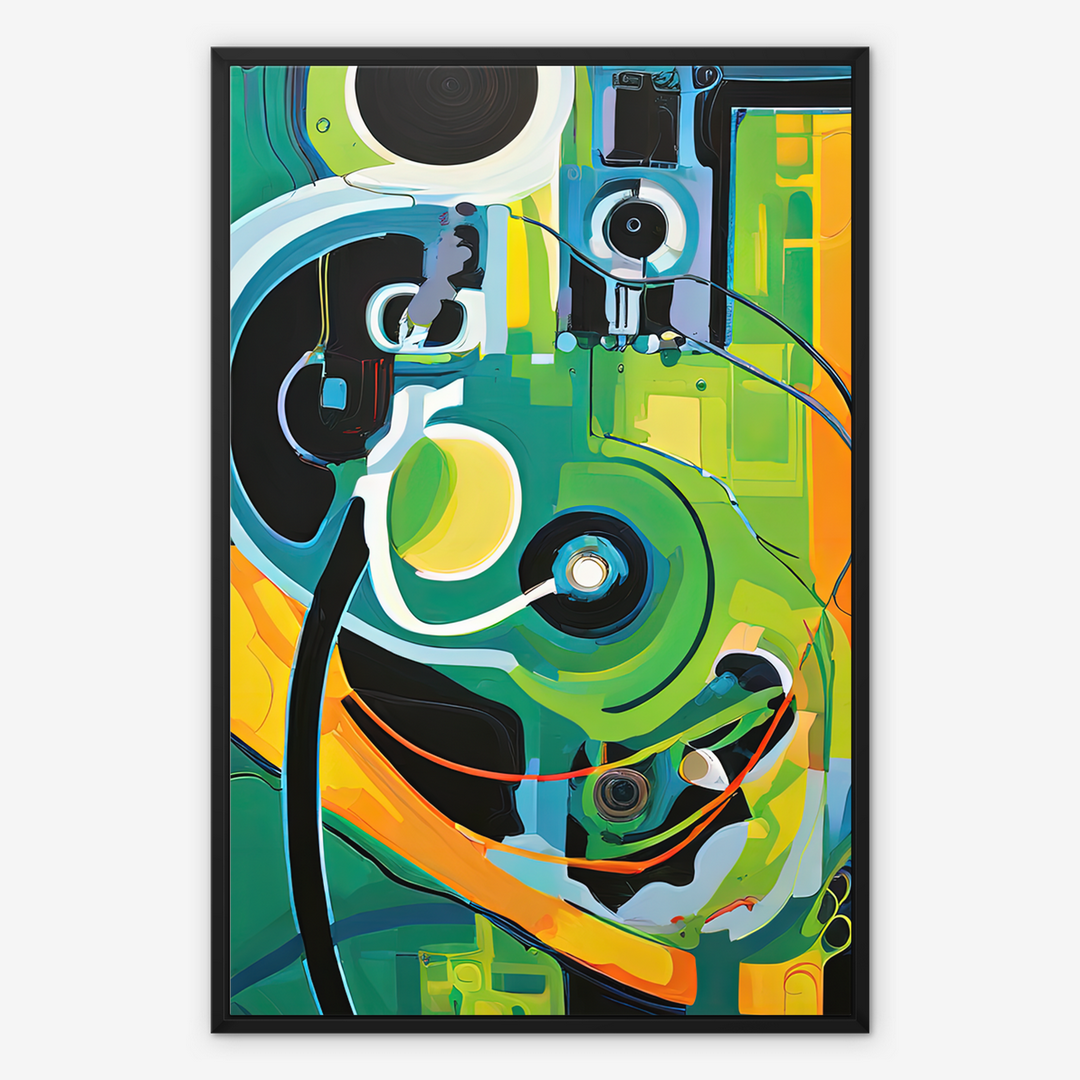
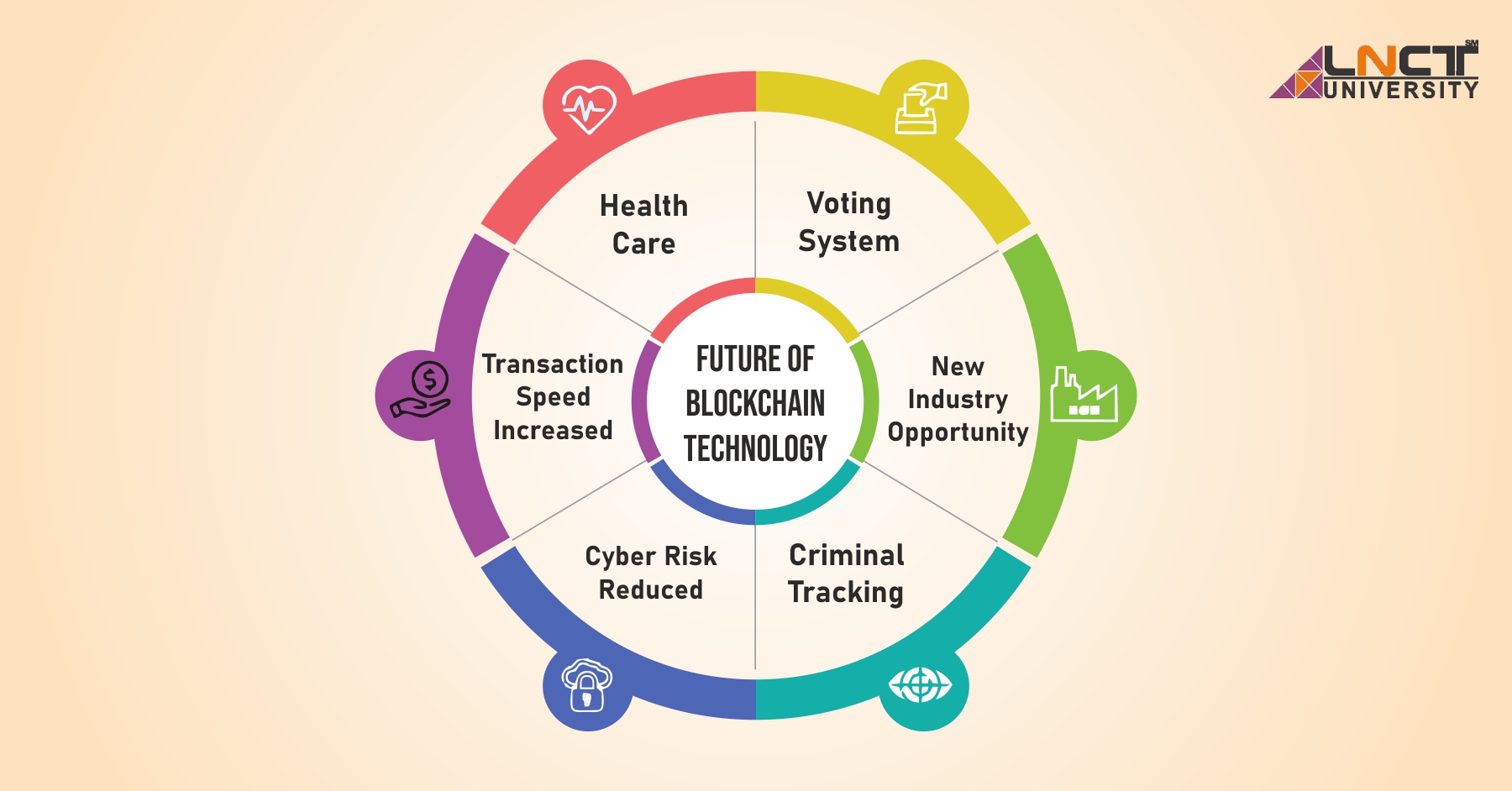
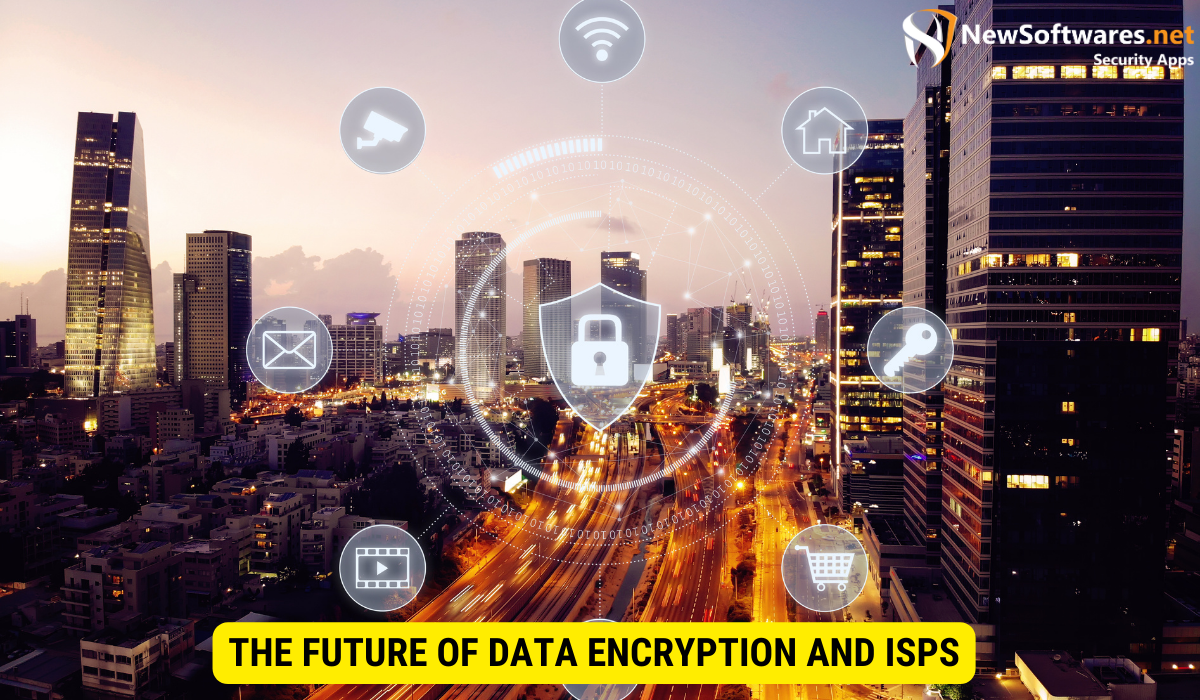

Comments